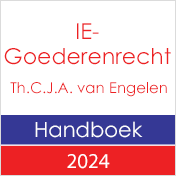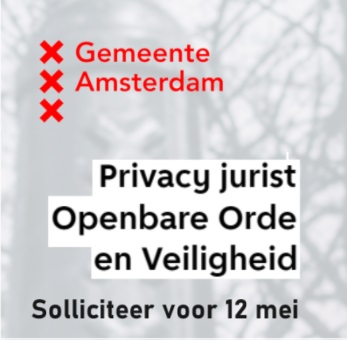
B9 9779. HvJ EU, 9 juni 2011, C-52/10, Eleftheri Tileorasi A.E. („Alter Channel”) tegen Ypourgos Typou kai Meson Mazikis Enimerosis (prejudiciële vragen Symvoulio tis Epikrateias, Griekenland)
Reclamerecht. Televisieuitzending waarin een esthetische gebitbehandeling wordt gepresenteerd. Prejudiciële vraag: Dient artikel 1, sub d, van richtlijn 89/552/EEG ( coördinatie van bepaalde wettelijke en bestuursrechtelijke bepalingen in de lidstaten inzake de uitoefening van televisieomroepactiviteiten) aldus te worden uitgelegd dat bij sluikreclame de verstrekking van een beloning of een andere vorm van betaling of vergoeding een noodzakelijk conceptueel bestanddeel vormt van het oogmerk om reclame te maken? Nee, zegt het hof, dat hoeft niet.
19. It should be borne in mind that, under Article 1(d) of Directive 89/552, ‘surreptitious advertising’ means ‘the representation in words or pictures of goods, services, the name, the trade mark or the activities of a producer of goods or a provider of services in programmes when such representation is intended by the broadcaster to serve advertising and might mislead the public as to its nature’. (...) In that connection, that provision also states that a ‘representation is considered to be intentional in particular if it is done in return for payment or for similar consideration’.
21. However, the adverb or adverbial phrase meaning ‘in particular’ (…) does not appear in the Greek version of that provision.
(…) 34. It follows that, whilst the provision of payment or of consideration of another kind is a criterion indicative of a television broadcasting company’s intention to advertise, it is none the less clear from the wording of Article 1(d) of Directive 89/552, and from the purpose and general scheme of that directive, that the lack of such payment or consideration of another kind does not mean that the existence of such an intention can be ruled out.
(…) 36. Accordingly, it is open to Member States to provide in their legislation other criteria – in addition to the provision of payment or of consideration of another kind – for establishing the intentional nature of surreptitious advertising.
On those grounds, the Court (Third Chamber) hereby rules: Article 1(d) of Council Directive 89/552/EEC of 3 October 1989 (…) is to be interpreted as meaning that the provision of payment or of consideration of another kind is not a necessary condition for establishing the element of intent in surreptitious advertising.
Lees het arrest hier.



























































